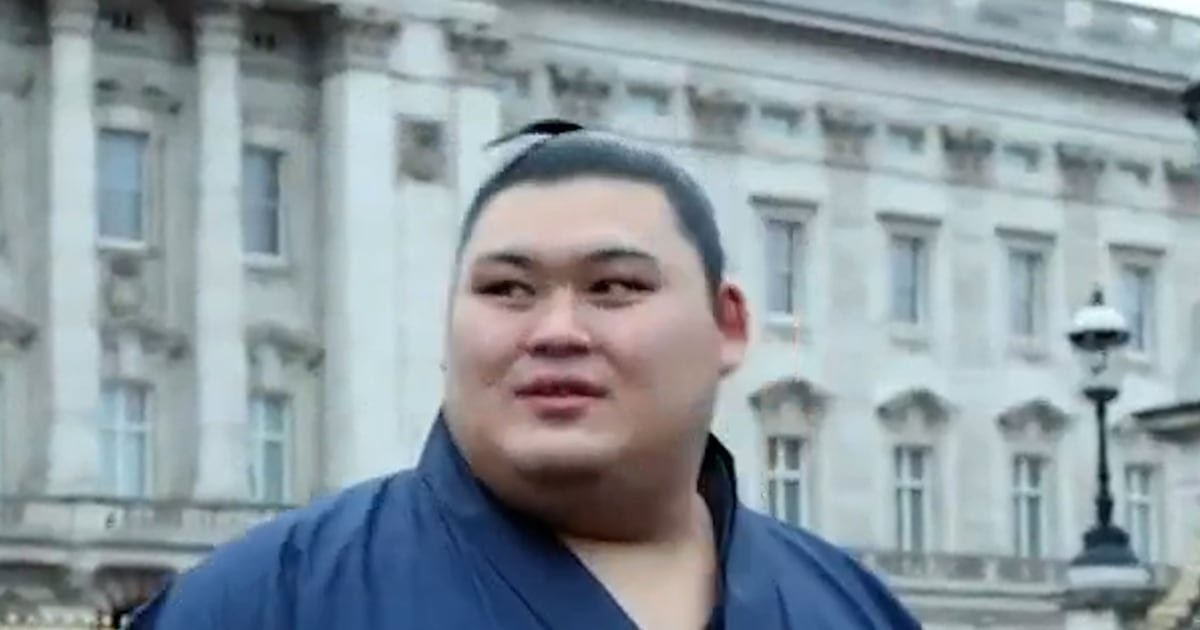WASHINGTON – The government shutdown is entering its tenth day, with Republicans and Democrats entrenched and refusing to cede ground to their political enemies.
But the coming days and weeks will bring some key pressure points that could potentially end the partisan gridlock.
So far, the impacts of the shutdown have been fairly moderate, with the Smithsonian museums closed and some government services disrupted. But on Friday, hundreds of thousands of civilian federal workers will receive their first paycheck since the shutdown began, reflecting zero pay in October. On Wednesday, service members will see the same thing.
Since air traffic controllers and Transportation Security Administration agents are not paid, staffing shortages will likely worsen, exacerbating flight delays and cancellations that have already frustrated travelers.
On top of that, Democrats’ focus on health care in the shutdown fight is starting to resonate with the public, as millions of Americans receiving Obamacare begin receiving notices that their insurance premiums are about to rise substantially.
We would like to hear from you how you are experiencing the government shutdown, whether you are a federal employee who is unable to work right now or someone who is feeling the effects of the shutdown in your daily life. Please contact us at tips@nbcuni.com or contact us here.
Lost paychecks
It’s one thing for Americans to not be able to access national park facilities and museums. It’s another thing when millions of American families across the country start missing their paychecks and can’t pay their bills.
Friday marks the first time civilian federal workers will stop receiving any pay due to the shutdown that began Oct. 1. While they will receive a partial paycheck for work performed from September 21 to September 30, they will not receive any payment for the first few days of October.
That includes Capitol Police officers, Border Patrol and Immigration and Customs Enforcement agents and Federal Emergency Management Agency workers.
After some confusion created by the White House, congressional leaders from both parties said this week that federal workers will receive back pay once the shutdown ends. But that still doesn’t help families who now have to pay their rent or mortgages and put food on the table. Once they stop getting paid, workers are likely to increase pressure on lawmakers and the president, who for days has been threatening mass layoffs of federal employees.
“That tells you everything you need to know about them. We don’t share the same values,” said Rep. Jim McGovern, D-Mass., a key member of the Democratic Caucus. “I mean, they want to punish the workers.”
Asked Thursday about the threat of layoffs, House Speaker Mike Johnson, R-Louisiana, told NBC News’ “Top Story” that “there is too much inefficiency in the federal government.”
“There are programs that probably should be eliminated, but we want federal employees to be protected,” he said.
The two sides could feel an even greater sense of urgency on Oct. 15, when the 1.3 million active-duty service members will miss their first full paycheck following the shutdown. Lawmakers of both parties, especially those representing districts with large military presence, are already feeling the pressure.
A bill authored by Rep. Jen Kiggans, R-Va., would ensure troops are paid during the shutdown, and has nearly 150 cosponsors, including more than 100 Republicans. But Johnson has argued that such a bill is not necessary because the stopgap bill the House passed on Sept. 19 includes funding for troops.
During a call-in show on C-SPAN Thursday, a woman identified as Samantha from Fort Belvoir, Virginia, made a personal plea to Johnson, telling her that if her active-duty husband doesn’t get paid on the 15th, “my kids could die” because their family won’t be able to pay for their medications.
Speaking at the White House on Wednesday, Trump told reporters that Democrats are to blame for the shutdown and workers not receiving paychecks, but predicted that paying the troops “will probably happen.”
Johnson again insisted Friday that the House will not vote on a stand-alone measure to pay the military. “The Republican Party is in favor of paying the troops,” he said. “The Democrats are the ones who are proving over and over again, eight times now, that they don’t want the troops to be paid.”
Shortage of air traffic controllers
This week, travelers got a glimpse of how a shortage of air traffic controllers and TSA employees could wreak havoc at the nation’s airports.
Airports from Washington and Miami to Denver and Las Vegas were hit by flight delays as officials said they were dealing with a slight increase in the number of air traffic controllers calling in sick. Hollywood Burbank Airport in the Los Angeles area operated for several hours Monday without air traffic controllers due to staffing issues.
As federal airport workers go unpaid for the first time during Friday’s shutdown, the number of people calling in sick could increase. Delays could worsen in the coming days, further testing the country’s air system, the economy and the patience of already frustrated travelers.
Trump officials are paying close attention to personnel issues. Transportation Secretary Sean Duffy threatened Thursday to fire air traffic controllers for “problem children” if they don’t show up for work without good reason.
But lawmakers said widespread flight delays and cancellations could force Trump and Republicans to the negotiating table they avoided during the shutdown fight. The shortage of air traffic controllers and the travel disruptions they caused helped end the 34-day shutdown during Trump’s first term, the longest in the country’s history.
“Of any of the factors that led to President Trump in 2019 [to say] “We have to solve this, it was the air traffic control problem,” said Sen. Tim Kaine, D-Va. Reagan National Airport in his home state experienced staffing shortages and delays this week; It is one of three major airports in the area that members of Congress use to travel between Washington and home.
Sen. Richard Blumenthal, D-Conn., said he has been watching television coverage of flight delays and long lines at airports this week. He believes Trump has been looking at the same compelling images and might be motivated to make a deal if things get worse.
“Here’s a guy who watches TV non-stop…the images. People take videos of those long lines,” Blumenthal explained. “It’s a black eye for the country… It should bring them to the negotiating table.”
Increased healthcare premiums
Democrats’ central demand in the showdown is to extend tax credits that are expiring under Obamacare and that have helped make premiums more affordable for families. And although the money technically expires on December 31, voters are starting to feel the impact of the sticker.
This month, insurers are sending out notices about steep premium increases ahead of open enrollment that begins Nov. 1, which is just over three weeks away.
Democrats are betting the pressure will soften GOP resistance to extending that money as part of a bill to reopen the government.
“It’s been important to raise the issue with both our colleagues and the American public, and also to point out the urgency of the issue,” Sen. Jeanne Shaheen, D-N.H., author of a bill to permanently extend Obamacare money, told NBC News.
“A lot of people thought, well, it’s not due until the end of December, so it’s not a problem. And they didn’t realize that insurance companies are setting rates right now… It’s one more thing on top of the cost of food, electricity, rent, childcare and all the other expenses that people incur,” Shaheen continued.
Johnson, however, maintained that the issue of healthcare funding can be “discussed, deliberated upon, contemplated and debated in October and November” after the government reopens. But he faces a divided conference and has made no promise to hold a vote on the matter.
“I support the speaker,” said conservative Rep. Tim Burchett, R-Tenn.
Moderate Rep. Don Bacon, R-Neb., said he also supported the speaker’s strategy.
“A short, clean CR was always good in the past and should be good now,” Bacon told NBC News. “The majority of the Republican Party is willing to negotiate tax credits as part of the appropriations process.”
But far-right Rep. Marjorie Taylor Greene, R-Ga., is publicly criticizing Johnson and his party for not having a plan to address looming premium increases that she says will hurt members of her own family.
“When you get to the point where families are spending $1,500 to $2,000 a month and expecting increases in their insurance premiums,” Greene said, “I think that’s inexcusable.”









